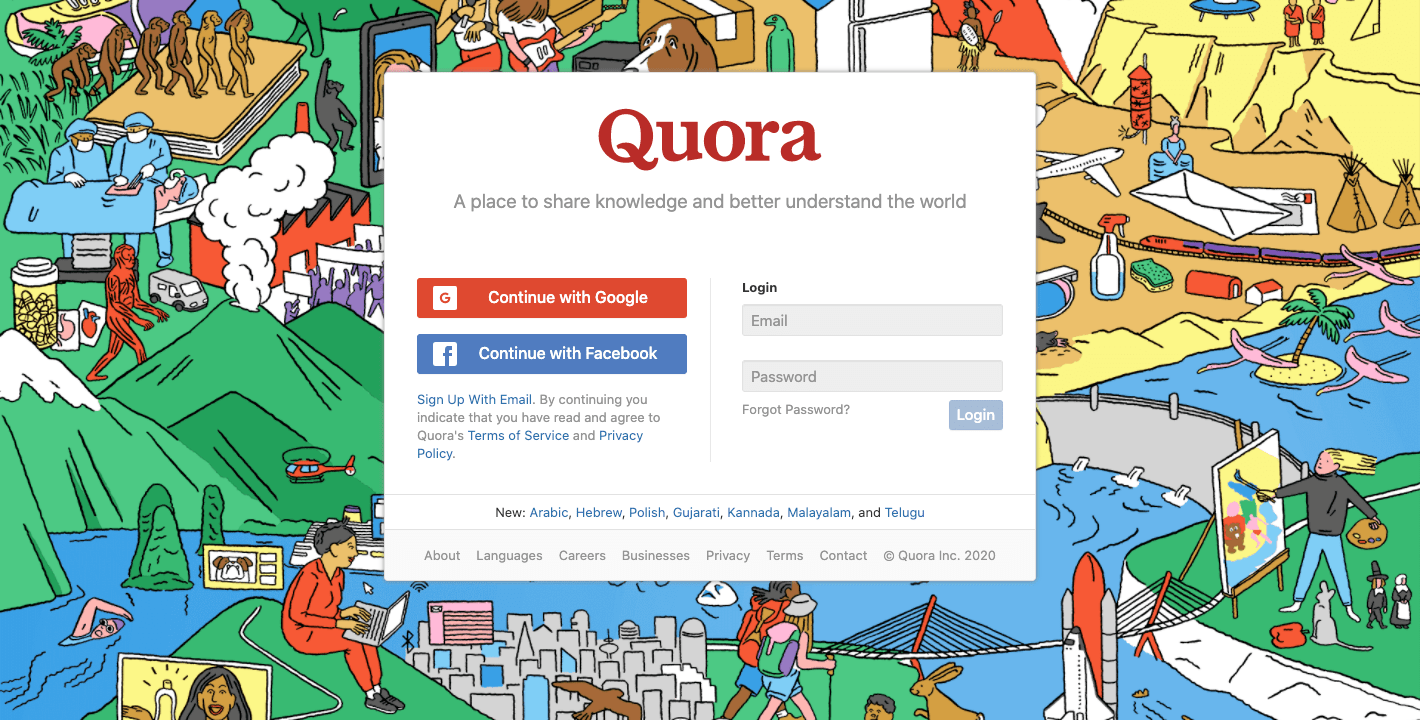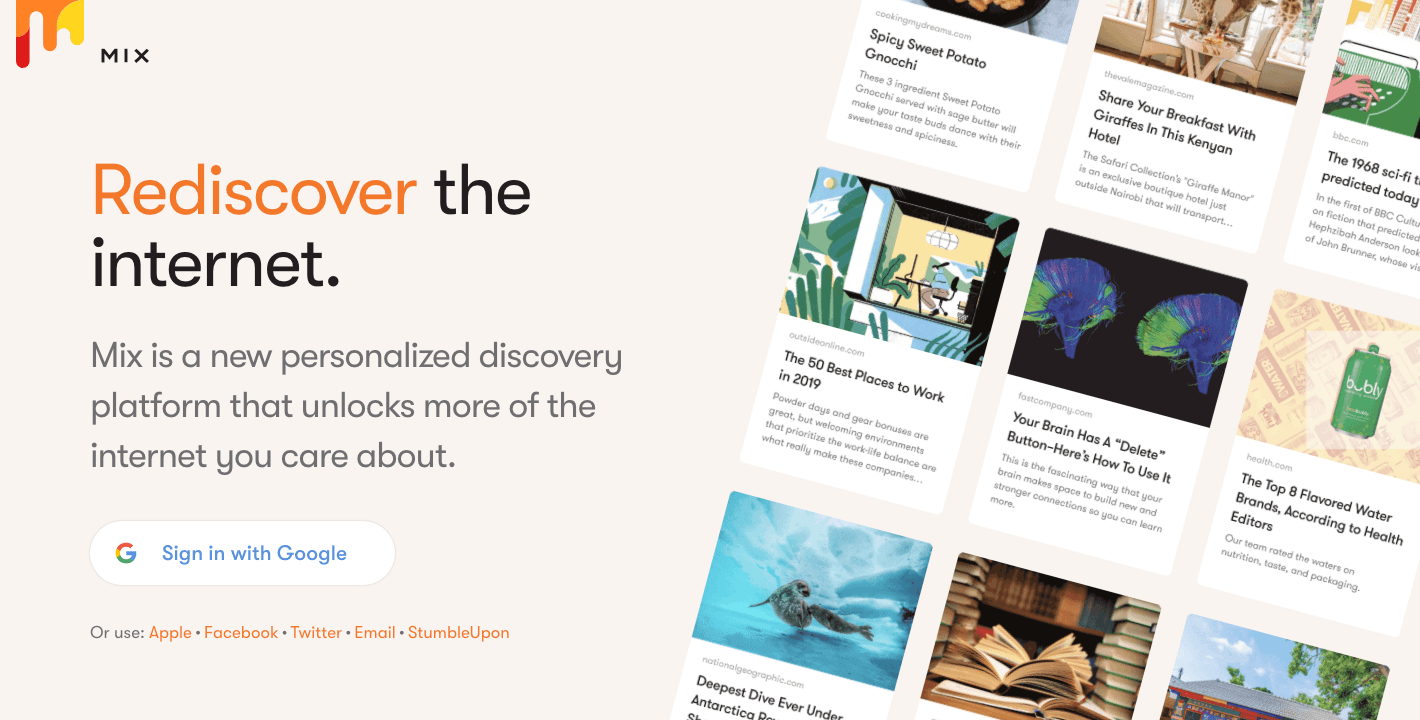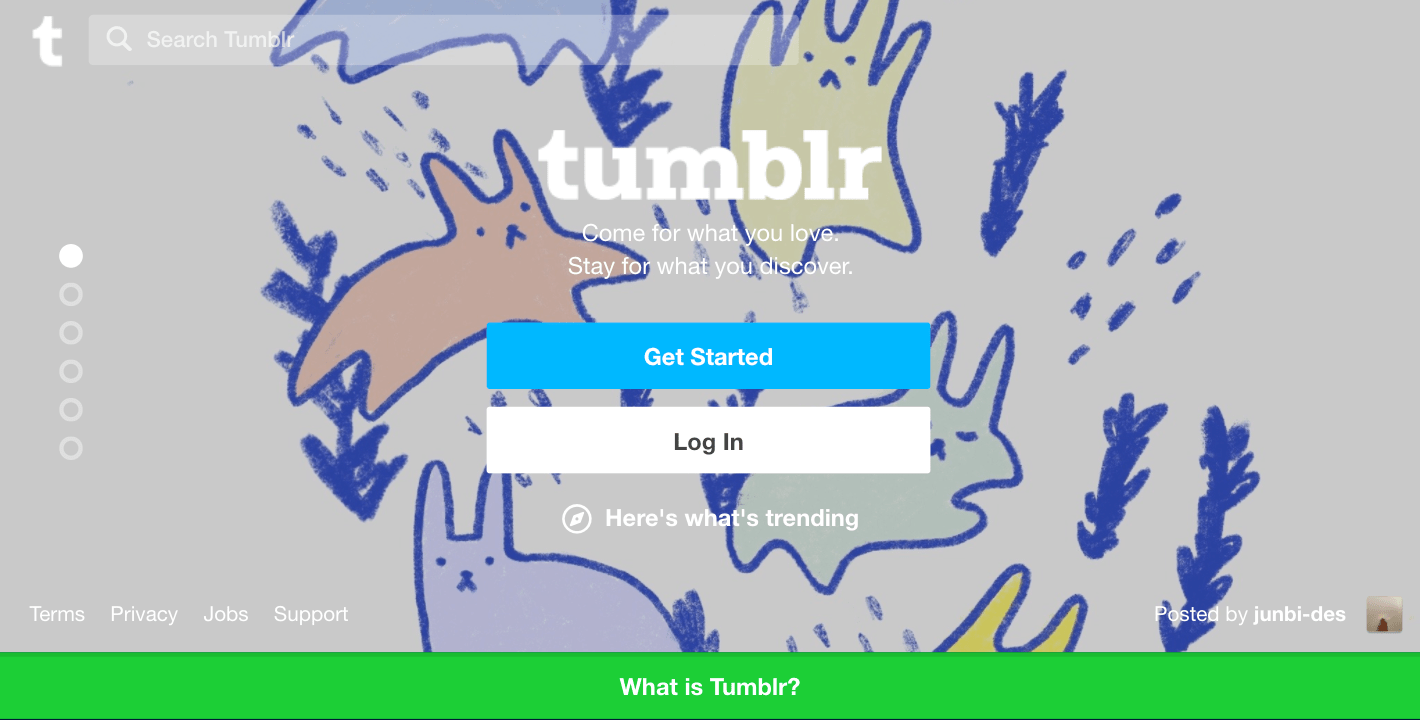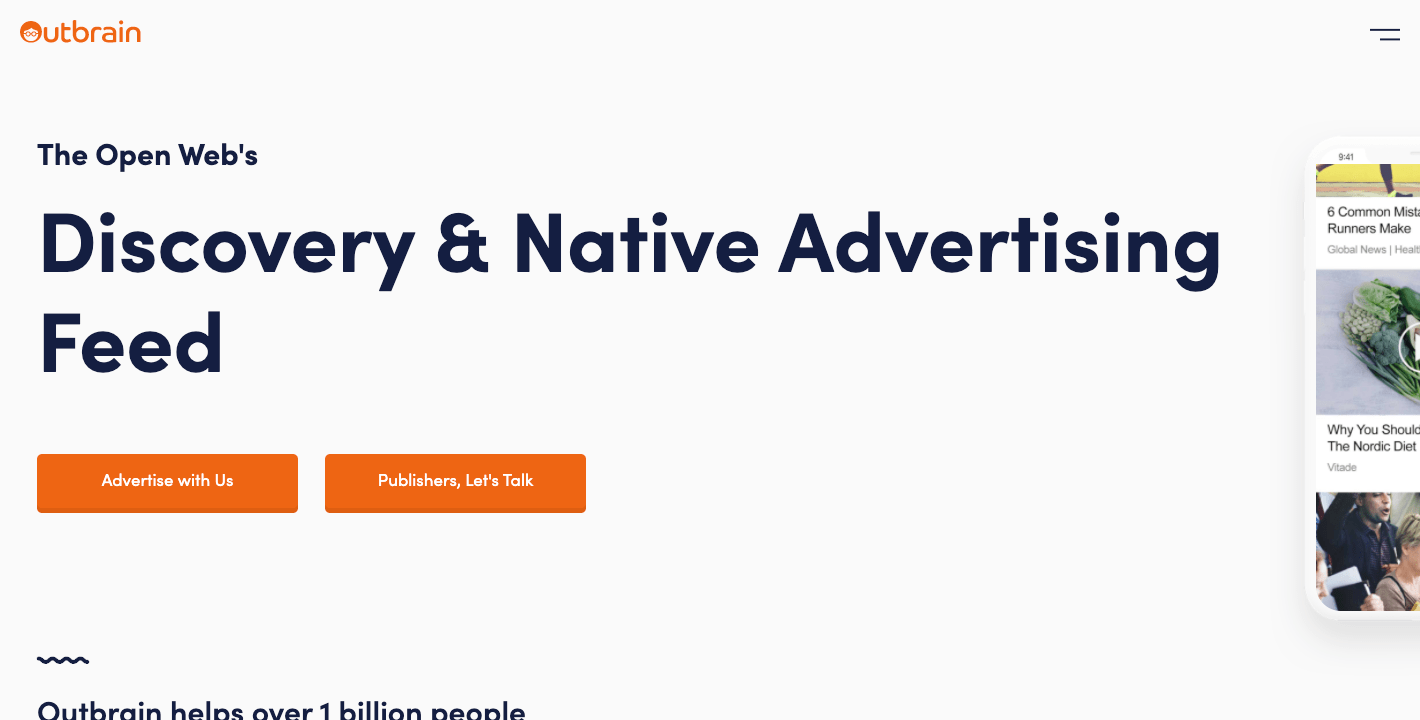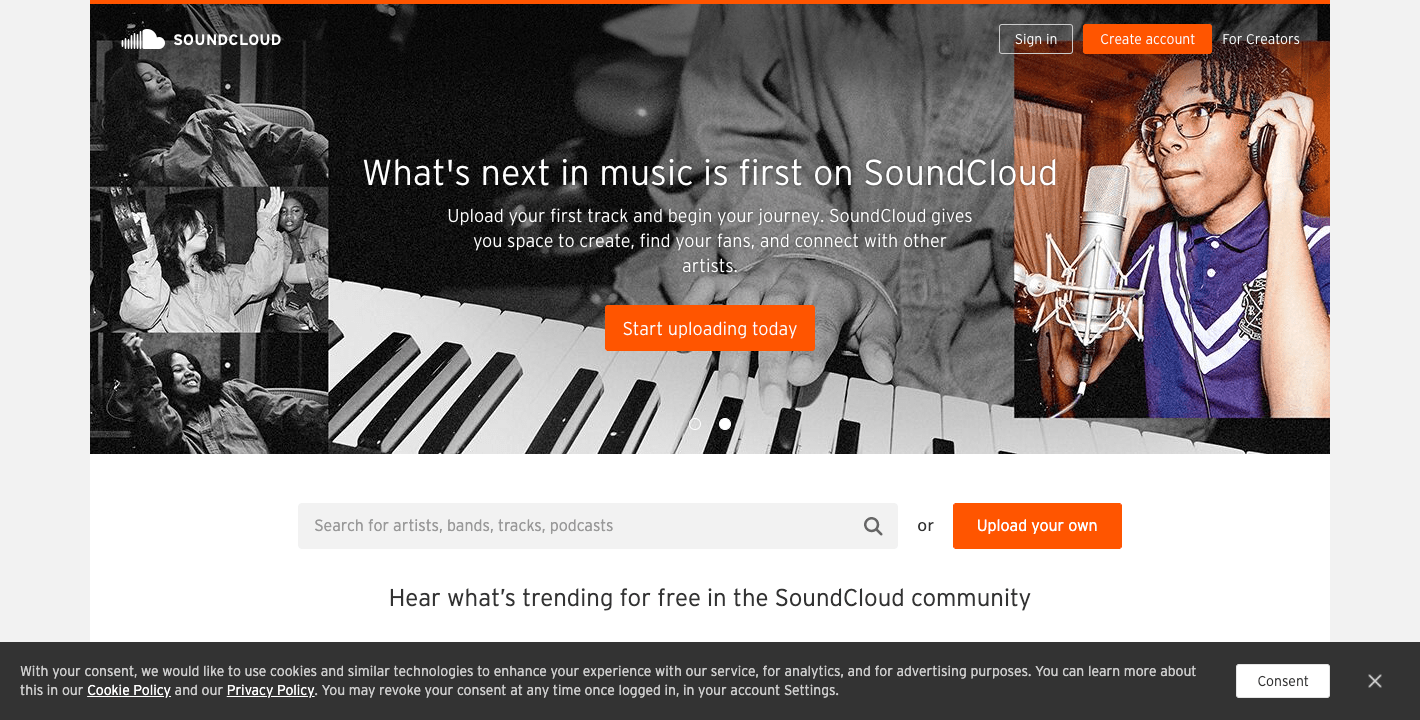Content syndication, or publishing and promoting your original content on third party websites, is a crucial part of building authority and increasing your visibility. Whether you’re promoting articles, videos, or other kinds of content, content syndication networks are a valuable resource. They generally have large established audiences with high domain authority.
Content syndication can also help improve your SEO. It can drive traffic to your website much the same way SEO and paid search do. It can increase your product or service’s user base, help your linkbuilding efforts, and may even improve your own domain authority. To get the most benefit, though, you need to be doing it correctly. Mistakes could backfire and negatively impact your search engine ranking.
The key to leveraging content syndication is to start with high-quality content. Whether you write it yourself, hire a freelance writer to craft it for you, or decide to let AI handle it for you, you can use any content syndication tool to promote it.
Overview
Content Syndication Options for Written Content
Medium

Quora
Quora is a question and answer site that can help you build your personal and professional brand. By becoming an active member of the community, you can use your existing content to answer questions when and where relevant. You can include a link to the text of a full blog post, or a video that answers the question.
Reddit is becoming a larger part of popular culture because it’s possible to reach tens of thousands of people every day. There is something for everyone on the platform, and anonymity is more possible there than anywhere else online – even though nothing online is every truly anonymous. It’s a community first and foremost, so it pays to become an active member in the various subreddits before you post your own content.
Mix
Once known as StumbleUpon, Mix is a content discovery tool that allows users to submit your favorite pages, share content with friends and follow people and interests. You’ll be able to look at popular articles, videos, and photos. You also have the option to pay for advertising, if desired.
Tumblr
Tumblr is a blogging platform. There’s a dashboard with a live feed of blogs people are tracking. The posts are automatically displayed, and users can interact with then any time. There is space for all activities, so it’s easy to filter and manage according to your needs.
RSS Feeds
Really Simple Syndication, or RSS, is a way to compile a custom feed of content from your favorite websites, podcasts, and more. With an RSS feed reader, you can get headlines, update notices, and links back to content on your favorite websites.
LinkedIn (Freemium)
For those in the B2B space, LinkedIn offers a way to syndicate content with free and paid options. Paid syndication options include sponsored content, inMail, and display ads.
Facebook (Freemium)
Using Facebook Pages, Groups, and Ads, you can share your content with your current audience, while also drawing in new followers.
Outbrain (Premium)
Outbrain is a paid content marketing platform. You’ll be able to advertise your content on major media platforms like People, ESPN, and CNN. The platform has a global audience of more than 550 million people every month, so you’ll definitely be able to reach your target audience.
Quuu Promote (Premium)
WIth this paid content syndication option, all you have to do is submit your RSS feed and the platform handles the rest. The partner service, Quuu.co, has users who subscribe to various interest categories, where they’ll have content (that comes from Promote) to share on their social media channels. It integrates with Buffer, so people can completely automate their social media content – using real people to promote real content.
Taboola (Premium)
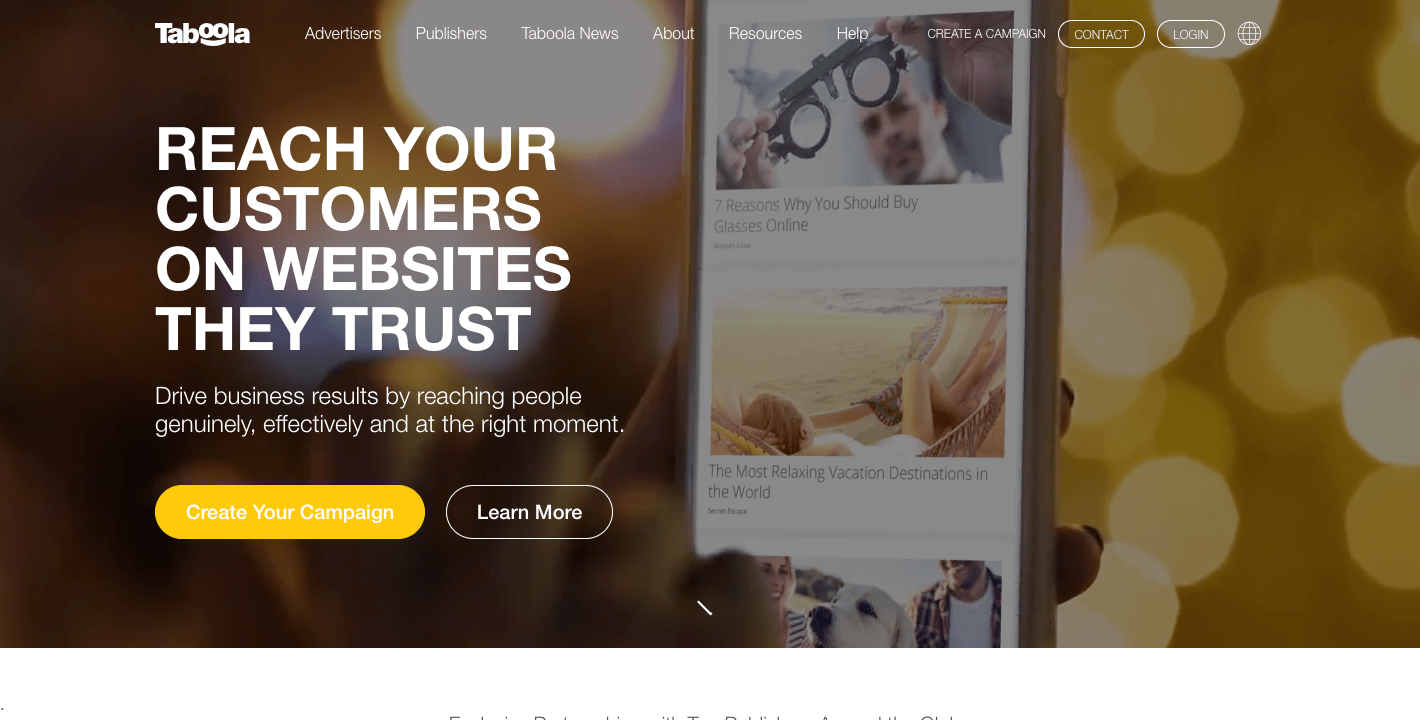
Content Syndication for Video
Many platforms I covered above will also work for video, but if you want platforms that offer nothing but video, you’ll want to look at these two.
YouTube
Owned by Google, YouTube is one of the most popular websites online today. Because of the sheer volume of content on the platform, you’ll need to make sure it’s well optimized, so you can ensure it gets more views.
Vimeo
Vimeo is another video hosting platform like YouTube. It can help you reach more people, especially if you take the time to optimize it.
Content Syndication for Audio
For musicians and podcasters, these are popular syndication networks for your audio content. Even if audio content isn’t your main form, you can easily pay to have your blog content recorded, and then distribute it in audio format.
SoundCloud
SoundCloud lets you host your podcast on their platform, but if you don’t host it there, you can syndicate it so that people who prefer to use it for their podcasts can find it. Musicians can use it to share their tracks and connect with listeners and fellow artists alike.
Leveraging these platforms, you’ll expand your reach and grow your brand. To get the most out of syndication, use a mix of platforms and content formats.
Are you using any of these already? Did I miss any of the great ones? Let me know in the comments.
iTunes
If you’ve got audio content to share with the world, you can list it in iTunes, for free or for purchase.
Spotify
Spotify makes it easy to share your music and podcasts with hundreds of thousands of users every month.
Contact us today to get the conversation started!


